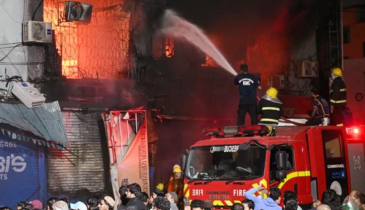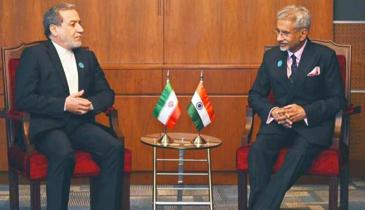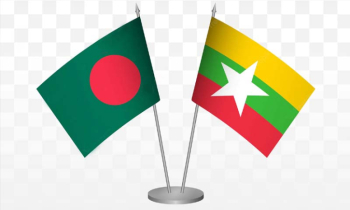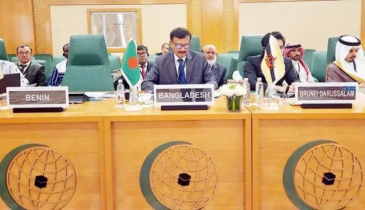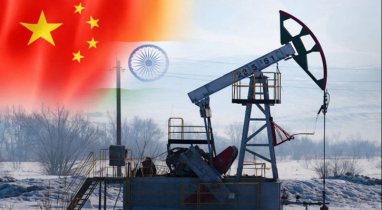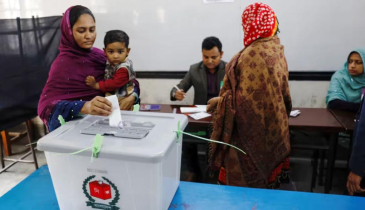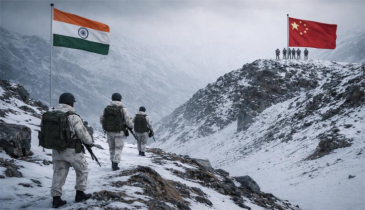Bangladesh to seek global pledge on Rohingya return
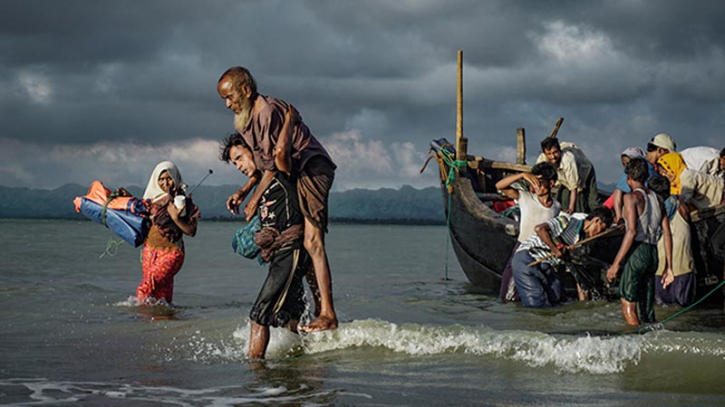
Dhaka is set to call for stronger international commitment on the Rohingya crisis at a high-level conference in New York today, demanding political pledges for repatriation, sustained humanitarian funding, and justice for atrocities committed against the Rohingya community.
“We want three clear points on the table: repatriation remains the only real solution, the world must not abandon humanitarian support, and the genocide trial cannot be sidelined,” a senior foreign ministry official told reporters on Monday.
The timing of the conference is critical. As wars in other parts of the world dominate global attention, Bangladesh faces mounting strain in hosting one of the world’s largest refugee populations. Since January this year, fierce clashes in Myanmar’s Rakhine State have driven another 150,000 Rohingyas into Bangladesh, swelling the total to nearly 1.2 million, UN figures show.
But efforts to send the refugees home have repeatedly stalled. Rohingya leaders insist that without guarantees of safety, citizenship, and basic rights, returning to Myanmar would amount to walking back into danger. At the same time, the aid lifeline that keeps the camps functioning is drying up. Donors have so far covered only 38 percent of the $934 million needed for 2025. The shortfall has already forced cuts in food, healthcare, education, and protection programs.
The situation could worsen dramatically within months. Unless at least $60 million is mobilized quickly — and $167 million within the year — the World Food Programme will be forced to scale back rations from December 2025. “We are at the edge of a major disruption in food assistance,” warned WFP Country Director Dom Scalpelli.
Inside the overcrowded camps, the challenges are multiplying. Officials in Dhaka describe rising incidents of domestic violence, drug trafficking, and human smuggling, alongside fears that extremist groups could exploit frustration among young refugees. Security agencies are increasingly worried that the crisis may spill beyond the camps and destabilize the region.
Meanwhile, the conflict in Myanmar continues to complicate any path to repatriation. The Arakan Army, an ethnic Rakhine armed group, now controls nearly 90 percent of Rakhine State after months of clashes with the junta. Thousands of Rohingyas have been displaced in the fighting, while scores have lost their lives.
Despite the grim outlook, Dhaka has tried to rally momentum. In August, it hosted an international gathering in Cox’s Bazar that, for the first time, brought together Rohingya leaders from both the refugee camps and diaspora communities. “We have mobilised the Rohingya voice, and that voice will be heard in New York,” said a Bangladesh delegate. Refugee representatives have made clear they want to return home — but only with dignity, rights, and security.
Today’s UN conference will convene heads of state, ministers, UN agencies, civil society actors, and Rohingya leaders from abroad. Chief Adviser Muhammad Yunus will deliver Bangladesh’s statement, pressing for a united pledge on repatriation, humanitarian aid, and accountability.
The program includes an opening session, a plenary debate, and a closing segment. A key outcome will be the adoption of a UN General Assembly document intended to reaffirm the international community’s responsibility toward the Rohingya.
.png)


